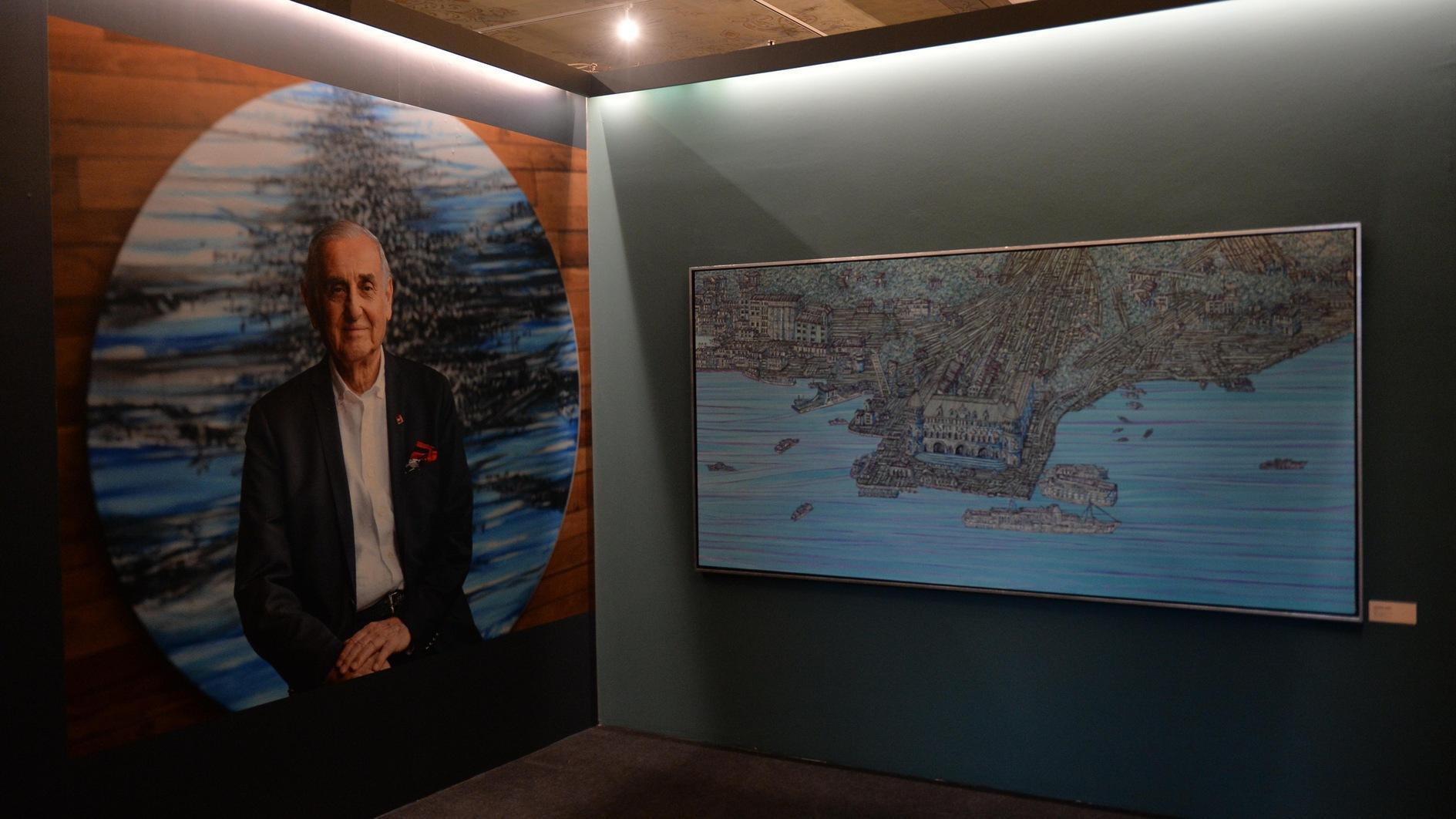Foreign powers
Finance and Treasury Minister Berat Albayrak has met with French Finance Minister Bruno Le Maire in Paris and is set to have talks with Germany’s Finance Minister Olaf Scholz in Berlin on Sept. 21.
Talks Albayrak held in the finance center London was rather more important. Please recall that then Deputy Prime Minister Mehmet Şimşek and Central Bank Governor Murat Çekinkaya had talks with large financial institutions in London and gave assurances regarding the “Central Bank’s independence” and “rules-based market economy.” Those messages calmed the markets and helped the U.S. dollar/Turkish Lira rate to ease to 4.5 (May 30). Following his meetings with British Finance Minister Philip Hammond and Minister of State Alan Duncan, Albayrak on Sept. 4 held talks with the “world’s largest financial institutions which manage $15 trillion in assets.”
Albayrak says the government is not considering IMF loans, but will raise the required external financing through “foreign direct investments” and from “markets,” which means borrowing from global markets instead.
“We will continue to be present in global markets,” he says. In his various speeches and in an interview with Reuters, Albayrak underlined the importance of the Central Bank’s independence but did not talk about reducing interest rates by “administrative decisions.” On the contrary, he said the priority is the fight against inflation.
He also underscored notions such as “rational policies” that are mostly absent from the rhetoric of the ruling Justice and Development Party (AKP). Moreover, when asked about his views about the “negative reports by rating agencies,” he said their assessments are “subjective” but added that the impact of those reports on financial circles could not be “underestimated.” He did not resort to conspiracy theories that “those rating agencies are plotting against Turkey.”
Beside the rational language Albayrak uses, we also need to mention the statement made by the “Reform Action Group” that is made up of four ministers regarding reviving Turkey’s EU process. And we have to ask: “So are they the alliance of Crusaders? Are ‘Foreign powers’ conspiring against Turkey?”
You see how different the language of economic rationalism and cautious language is from the thoughtless language of empty rhetoric.
We want to get our message across to global financial circles that manage “$15 trillion” and build confidence. We live in such a period that an economic crisis in one country affects all other economies.
Turkey’s imports will decline because of the sharp decline in the value of the Turkish Lira. This means the economies that export products to Turkey will suffer, particularly the economies of the EU and the U.S.
Albayrak’s statements reflect economic rationalism, but it is yet to be seen whether they will be implemented with determination. Moreover, it is difficult for Albayrak to gain the kind of trust (credibility) that former deputy prime ministers Ali Babacan and Mehmet Şimşek had built over the years with their stance toward economic rationalism in a short period of time. It requires a more determined stance.
Also, the statements made by Babacan and Şimşek were always accompanied with notions such as “the rule of law, independent and impartial judiciary, freedoms and legal norms of the EU.” In the 21st century in our region, economic rationalism alone is not enough. It is also important to build confidence based on the separation of powers and freedoms within the rule of law.











